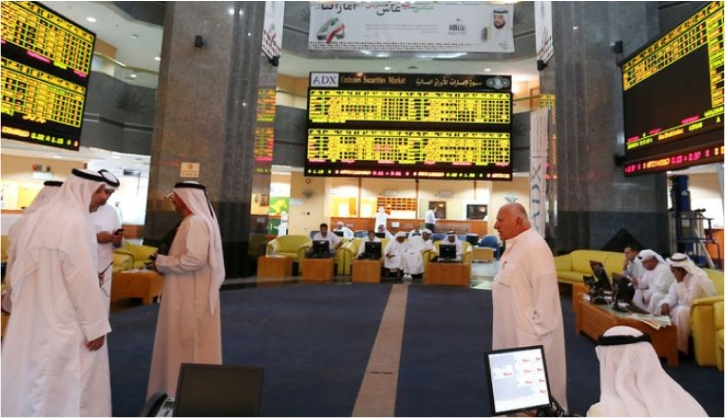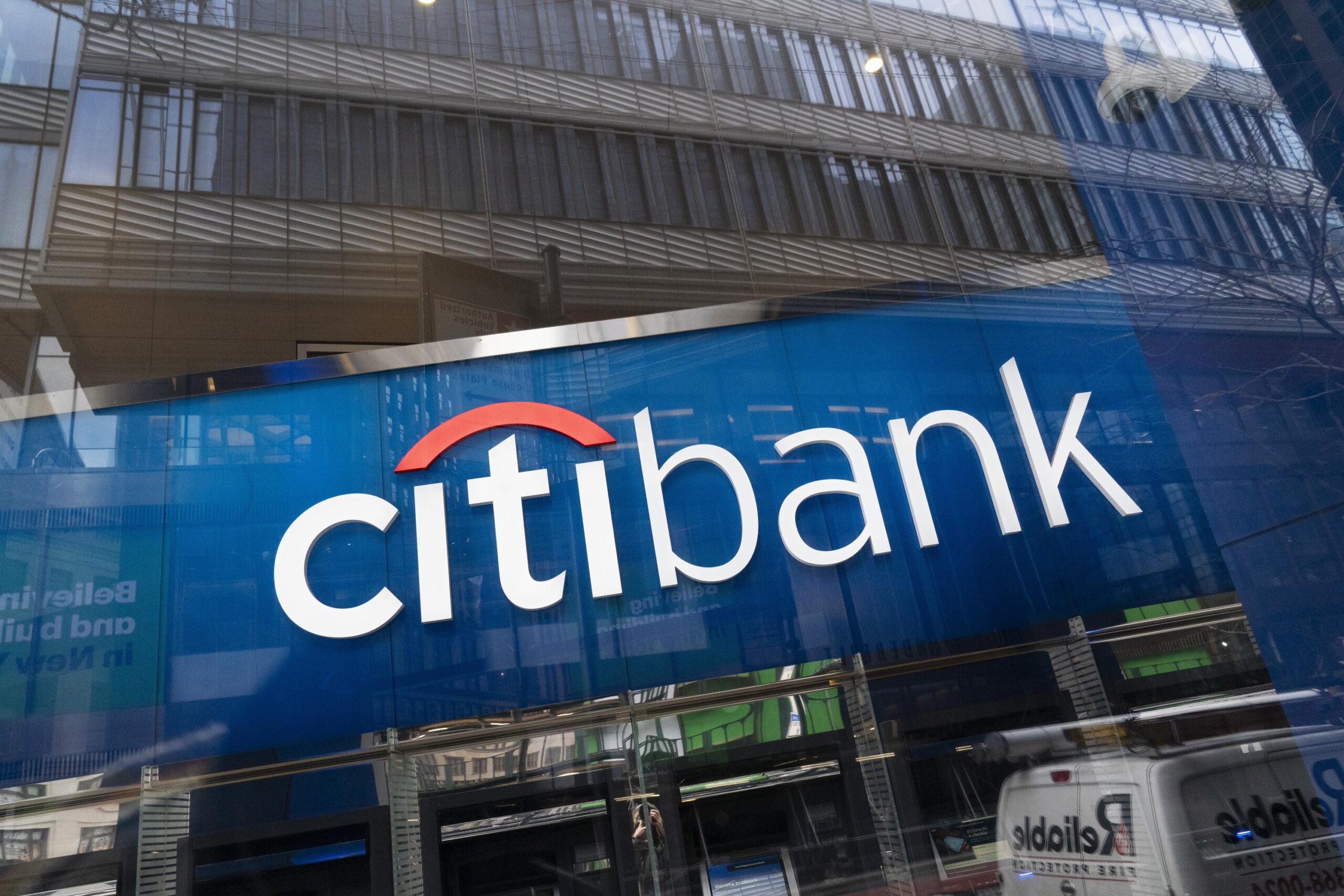Japanese shares have managed to recover some ground after their historic plunge last Friday following the UK’s vote to leave the European Union.
Traders are taking some confidence from a pledge by the Japanese government to stabilise the financial markets.
The Nikkei 225 was up 1.8% to 15,221.30 – after losing almost 8% on Friday.
The yen though remains strong at 101 to the dollar, which hurts Japan’s exporting firms by making their goods more expensive on world markets.
The yen has gained ground due to its status as a safe haven currency – a status which has been bolstered by the continued decline of the pound.
It has continued its slide in early trading in Asia on Monday, adding to Friday’s record one-day decline.
Japan reassures investors
In a response to the currency woes and the risk it poses to Japan’s crucial export sector, the government held an emergency meeting with the central bank.
Prime Minister Shinzo Abe told Finance Minister Taro Aso to watch currency movements “ever more closely” and take steps if necessary.
“Risks and uncertainty remain in financial markets,” Abe said. “We need to continue to work toward market stability.”
Analysis: Mariko Oi, Tokyo
After suffering its biggest one-day fall in five years on Friday, Japan’s main stock index, the Nikkei 225, has recovered the psychologically important 15,000 mark on Monday morning.
It is difficult to guess if investors are bargain hunting or if the prime minister’s repeated promise to intervene if necessary has calmed the market.
The Japanese yen, which is seen as a safe haven asset and surged to the highest level since 2013 on Friday, has also stabilised for now which helps shares in Japanese exporters as it helps to make their products more competitive abroad.
But analysts say the volatility in the Japanese yen will continue and the government might still have to intervene. Shoppers that I spoke to in Ginza on Sunday all expressed their concerns over the uncertainty caused by the result of the referendum.
No recovery elsewhere
Other markets in Asia though failed to reverse their Friday losses.
Hong Kong’s Hang Seng index was down by another 1.4% at 19,974.85, adding to Friday’s losses.
The mainland’s benchmark Shanghai Composite was flat at 2,853.59 points.
China’s Finance Minister Lou Jiwei over the weekend said the consequences of the UK leaving the EU were still unclear, but that they would be felt for years to come.
The country’s central bank weakened the yuan fix by 0.9%, on Monday, the biggest daily move since August 2015.
South Korea’s benchmark Kospi index was down 0.7% to 1,910.92 points.
Australia’s ASX/200 in Sydney was flat at 5,111.80.
Both the Kospi and the ASX/200 had lost more than 3% on Friday in the wake of the UK’s Brexit decision.

















